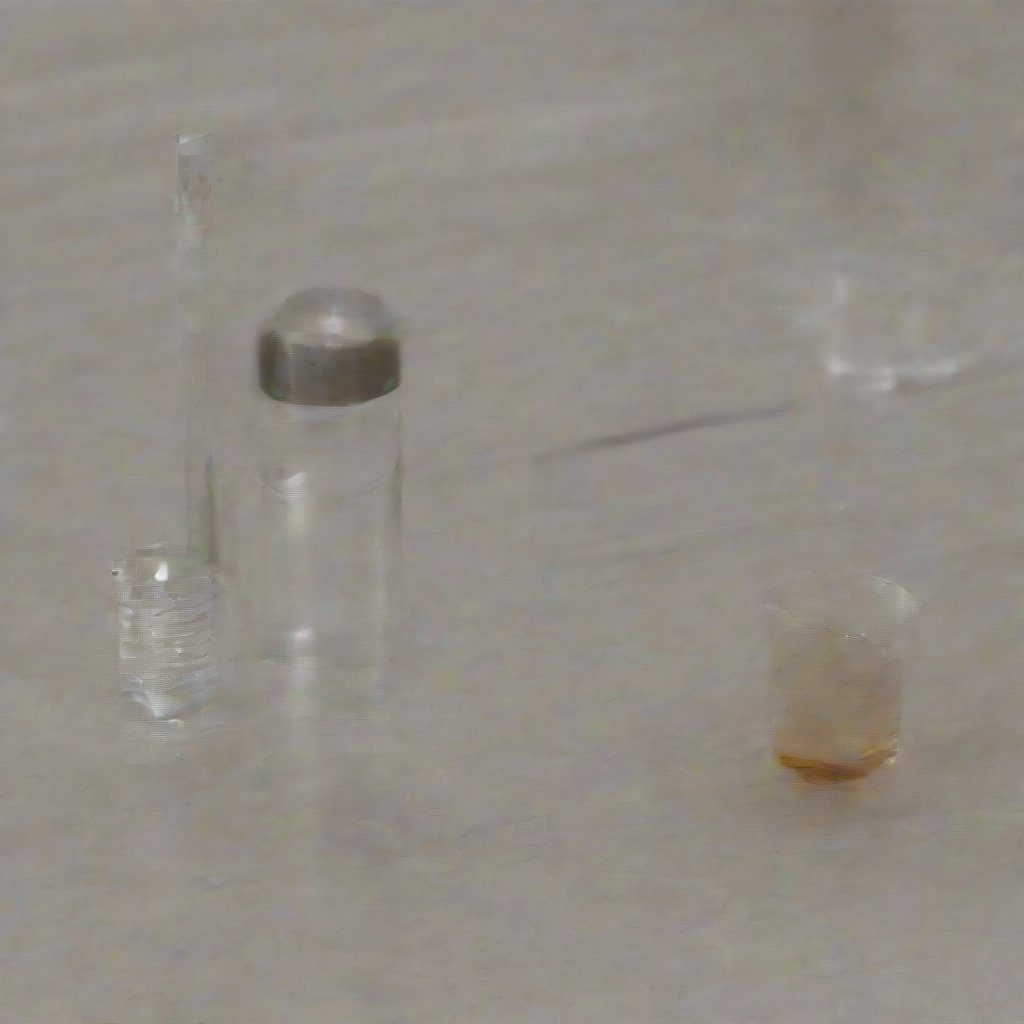Understanding Glycerin Sustainability
Glycerin sustainability refers to the practices and processes that ensure the production and usage of glycerin is environmentally responsible and socially equitable. As a byproduct of biodiesel production, glycerin has gained attention for its potential role in sustainable development. This is particularly relevant for industries looking to reduce their carbon footprint while maintaining high-quality product standards.
Importance of Crude Glycerin in Sustainability
Crude glycerin is a versatile compound used across various sectors, including food, cosmetics, and pharmaceuticals. Its sustainable production can significantly contribute to reducing waste in biodiesel manufacturing, where it is often viewed as a secondary product. By utilizing crude glycerin effectively, industries can enhance their sustainability initiatives and promote circular economy practices.
Environmental Benefits of Glycerin
The environmental benefits associated with glycerin sustainability are multifaceted. Firstly, glycerin production from renewable resources reduces reliance on fossil fuels, thereby minimizing greenhouse gas emissions. Secondly, it can serve as a biodegradable alternative to synthetic chemicals, reducing pollution and enhancing soil health when applied in agricultural practices.
Glycerin in the Circular Economy
In the context of the circular economy, glycerin plays a crucial role in resource efficiency. By converting waste materials into valuable products, glycerin contributes to a system where resources are reused and recycled. This approach not only conserves natural resources but also supports economic growth by creating new markets and job opportunities.
Ethical Sourcing of Glycerin
Ethical sourcing is a key component of glycerin sustainability. It involves ensuring that the glycerin is obtained from suppliers who adhere to fair labor practices and environmental regulations. Companies that prioritize ethical sourcing can enhance their brand reputation and build trust with consumers who are increasingly demanding transparency in product sourcing.
Innovations in Glycerin Production
Recent innovations in glycerin production techniques have made it possible to create more sustainable glycerin with lower environmental impact. Advances in biotechnology and chemical engineering are leading to more efficient methods of extracting and purifying glycerin, which can further enhance its sustainability profile and make it an attractive option for various industries.
Regulatory Framework and Standards
The sustainability of glycerin is also influenced by regulatory frameworks and industry standards. Governments and organizations are developing guidelines that promote sustainable practices in glycerin production and usage. Compliance with these regulations not only helps protect the environment but also ensures that producers and consumers are aligned with best practices in sustainability.
Market Trends in Glycerin Sustainability
Market trends indicate a growing demand for sustainably produced glycerin, driven by consumer preferences for eco-friendly products. Companies that can adapt to these trends by sourcing or producing glycerin sustainably are likely to gain a competitive edge. This shift towards sustainability is reshaping supply chains and encouraging innovation in product development.
The Role of Diplomata in Glycerin Sustainability
As a leading manufacturer and exporter of crude glycerin, Diplomata is committed to advancing glycerin sustainability. Our focus on ethical sourcing, innovative production methods, and compliance with industry standards positions us as a trusted supplier in the market. By choosing Diplomata, customers can be assured of high-quality glycerin that meets their sustainability goals.


